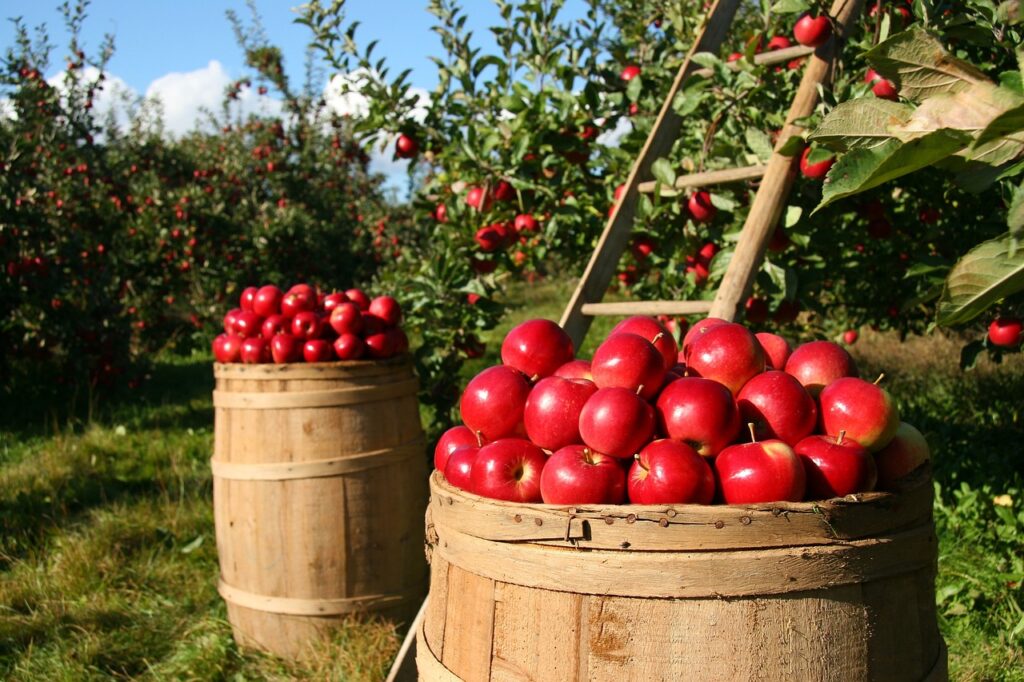Agricultural real estate investment is a growing trend that is gaining increasing attention from local and global investors. The relationship between agricultural real estate investment and food security is complex and multifaceted, with potential positive and negative impacts on food security.
Growing Population
The global demand for food is expected to increase significantly in the coming decades due to a growing population and rising incomes. This demand will need to be met through increased agricultural production, which will require investment in both land and technology. Agricultural real estate investment can play a role in meeting this demand by providing the necessary capital to improve and expand agricultural production.
In the Philippines, agricultural real estate investment has the potential to contribute to food security by increasing the country’s farm production and addressing the challenge of feeding a growing population. The Philippines is a major producer of rice, corn, and other crops. Investing in agricultural real estate could help the country increase its production and meet the increasing demand for food.
Capital and Technology
However, there are also potential risks to food security associated with agricultural real estate investment. For example, the concentration of land ownership in the hands of a few large investors can lead to the displacement of small farmers and a decrease in local food production. In addition, using land for non-agricultural purposes, such as residential or commercial development, can also reduce the availability of land for agriculture and decrease food security.
Agricultural real estate investment can also positively impact food security despite these risks. For example, modern technology and infrastructure investment can improve efficiency and increase agricultural productivity. In addition, partnerships between local farmers and global investors can provide access to capital, technology, and expertise to help small farmers increase their productivity and contribute to food security.
For global investors, the agricultural real estate market in the Philippines offers several opportunities. The country’s favorable climate, abundant natural resources, and skilled labor force make it an attractive destination for agricultural investment. In addition, the government of the Philippines has implemented policies and programs to encourage investment in the farming sector, including tax incentives and support for infrastructure development.
While there are potential risks to food security, there is also the potential for agricultural real estate investment to contribute to increased agricultural production and improved food security. For global investors, the agricultural real estate market in the Philippines offers some opportunities to contribute to food security while also realizing a return on investment.










